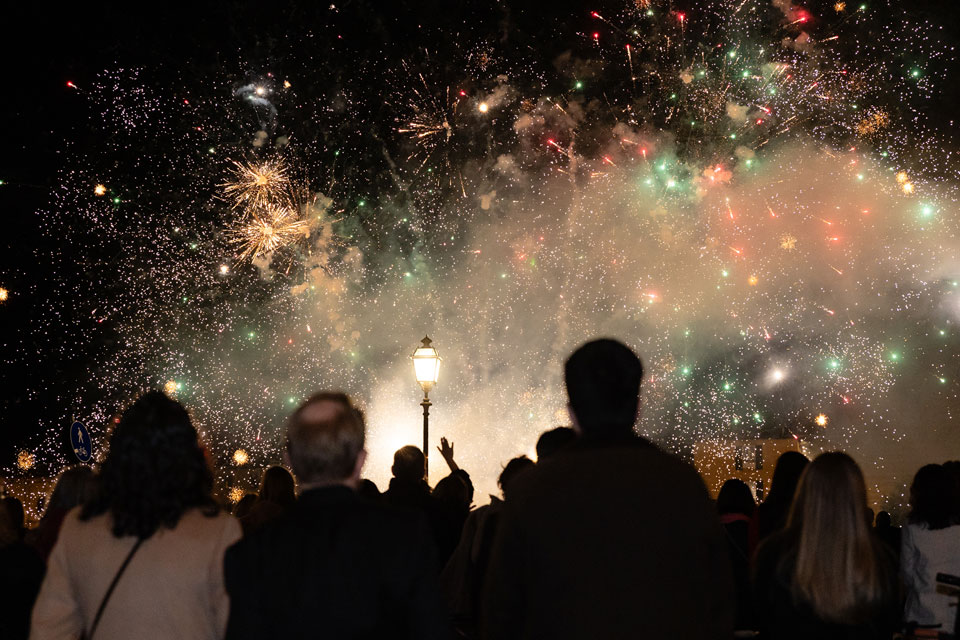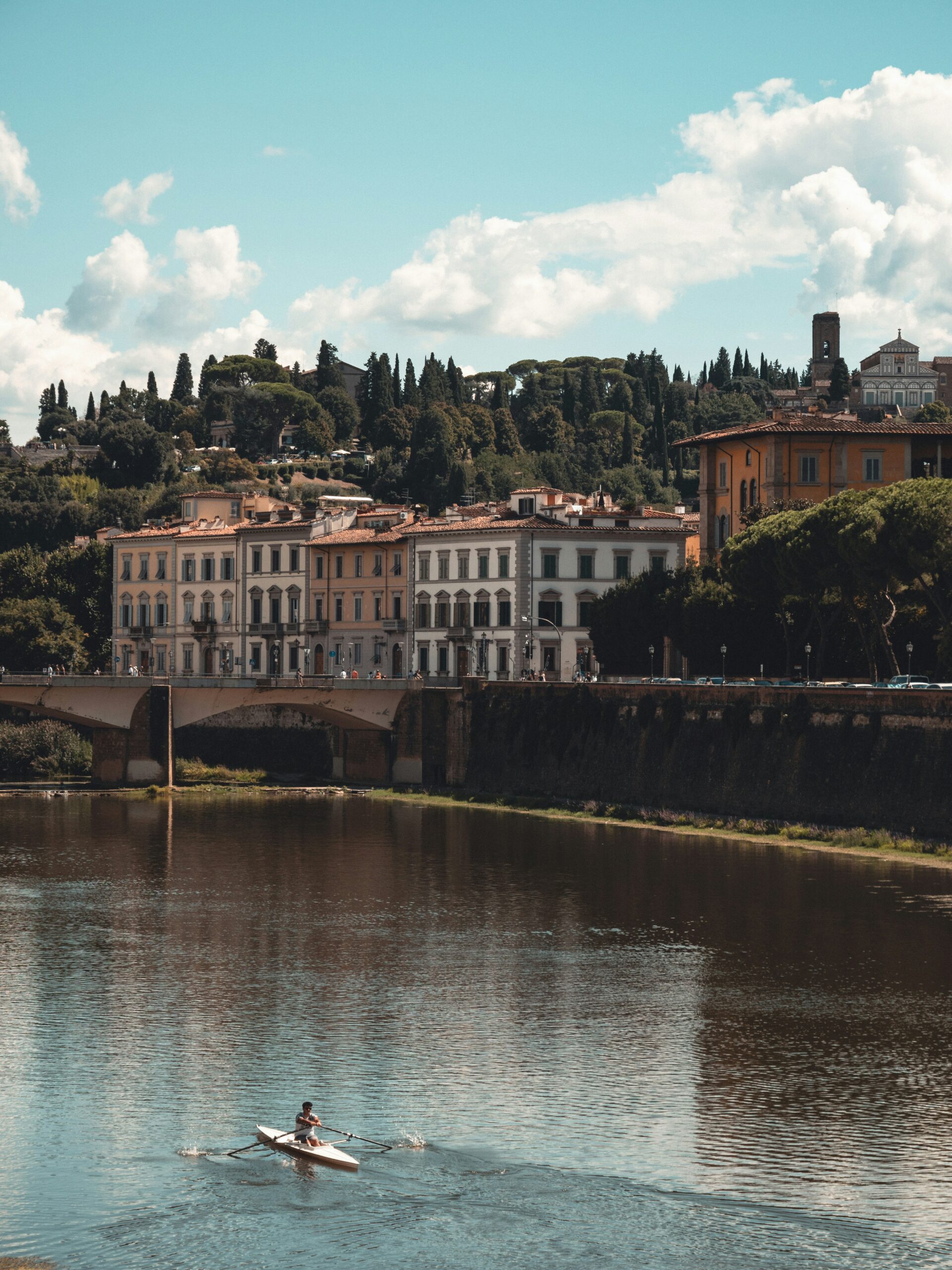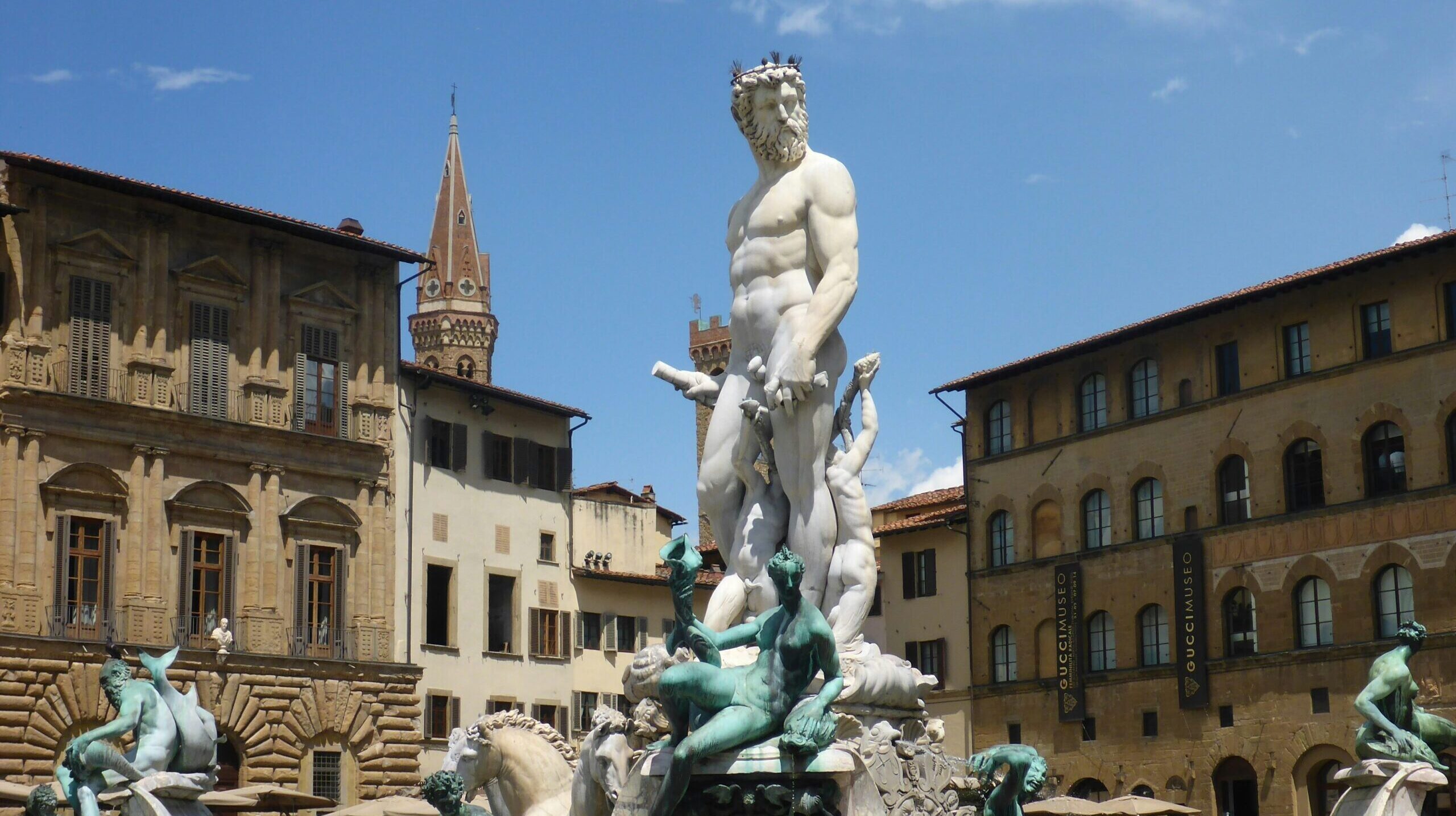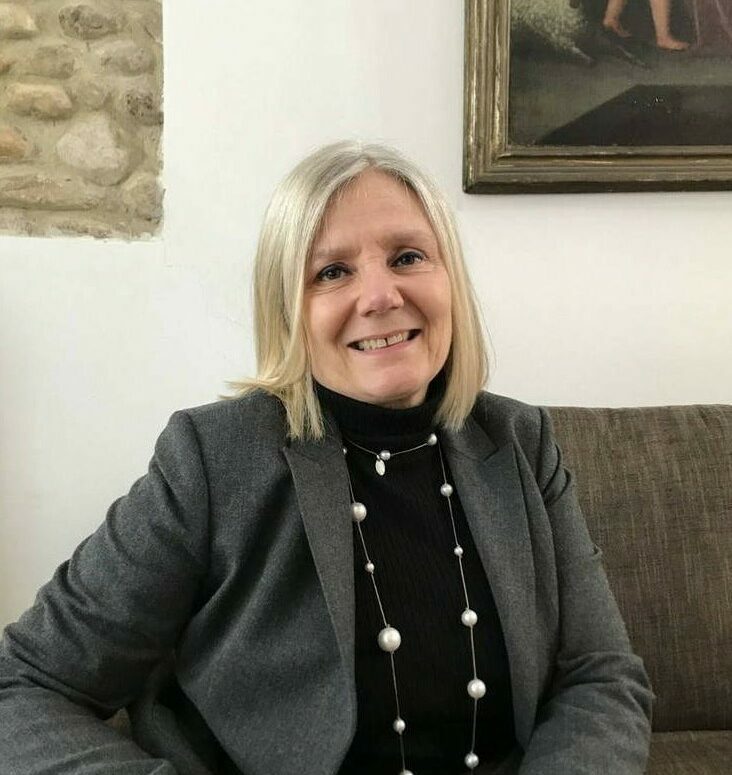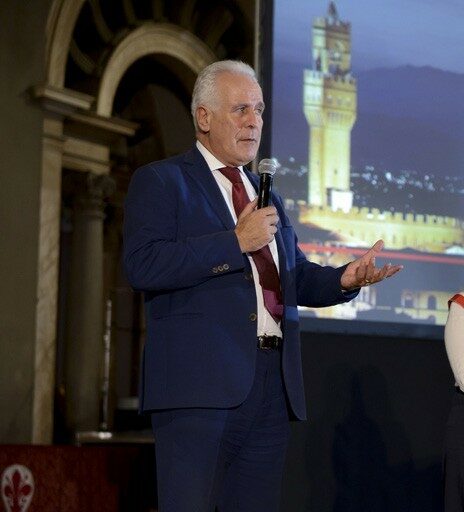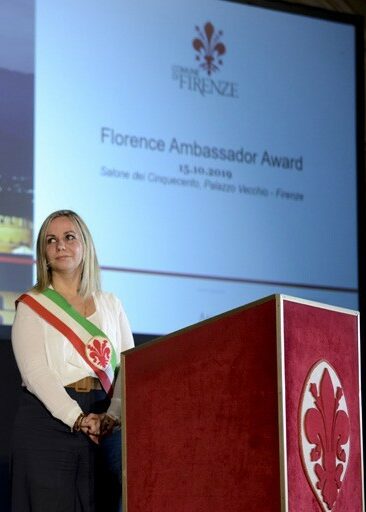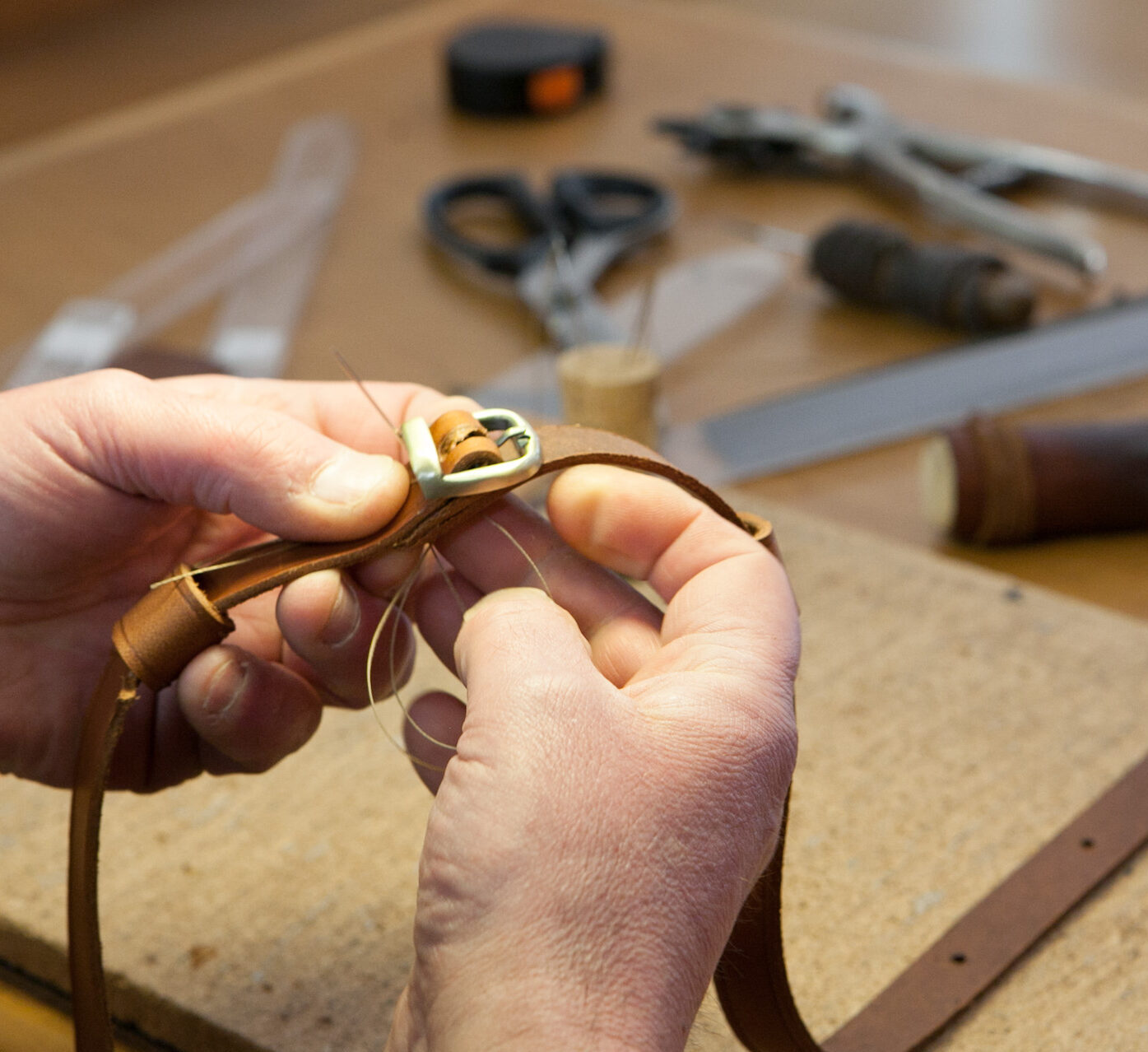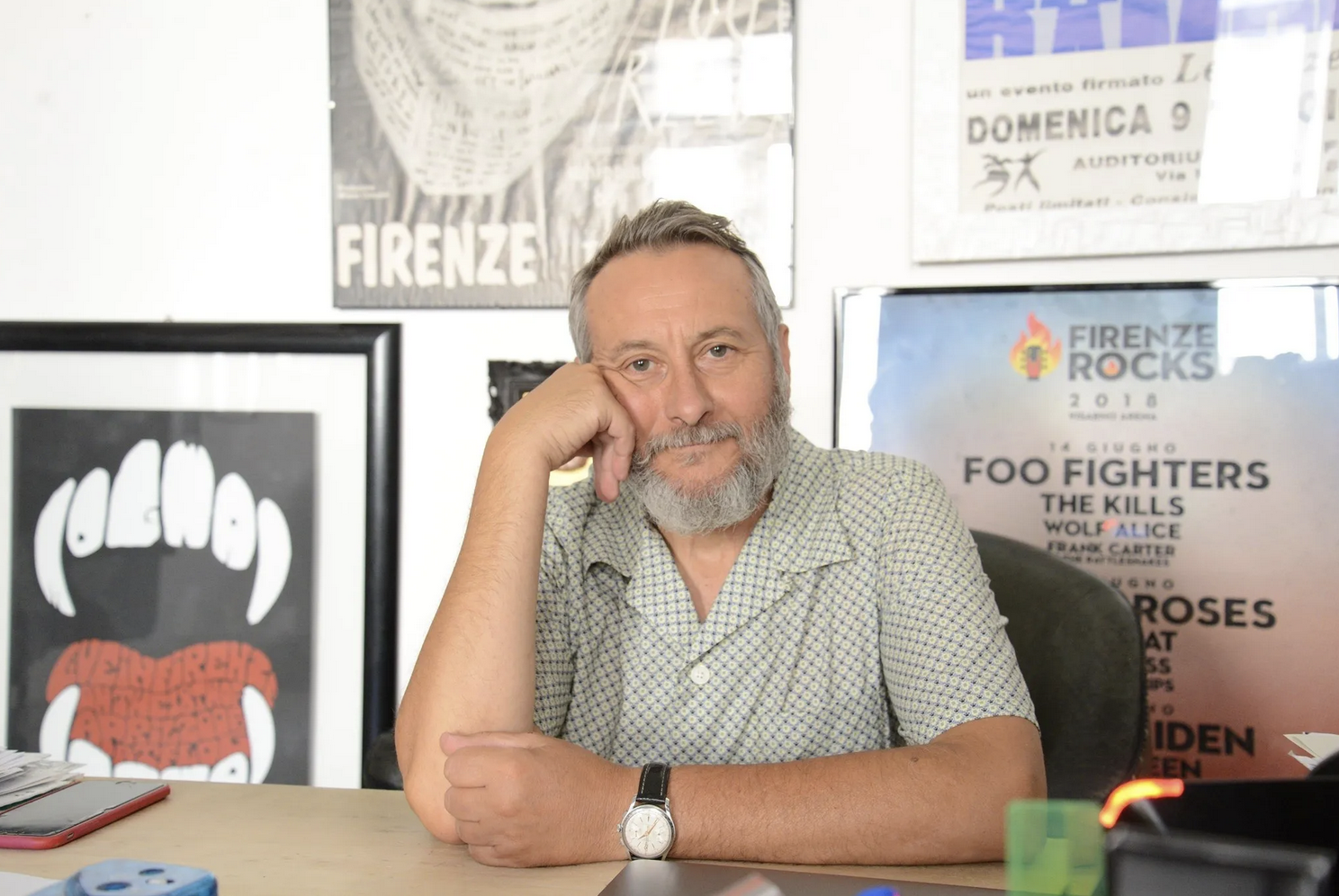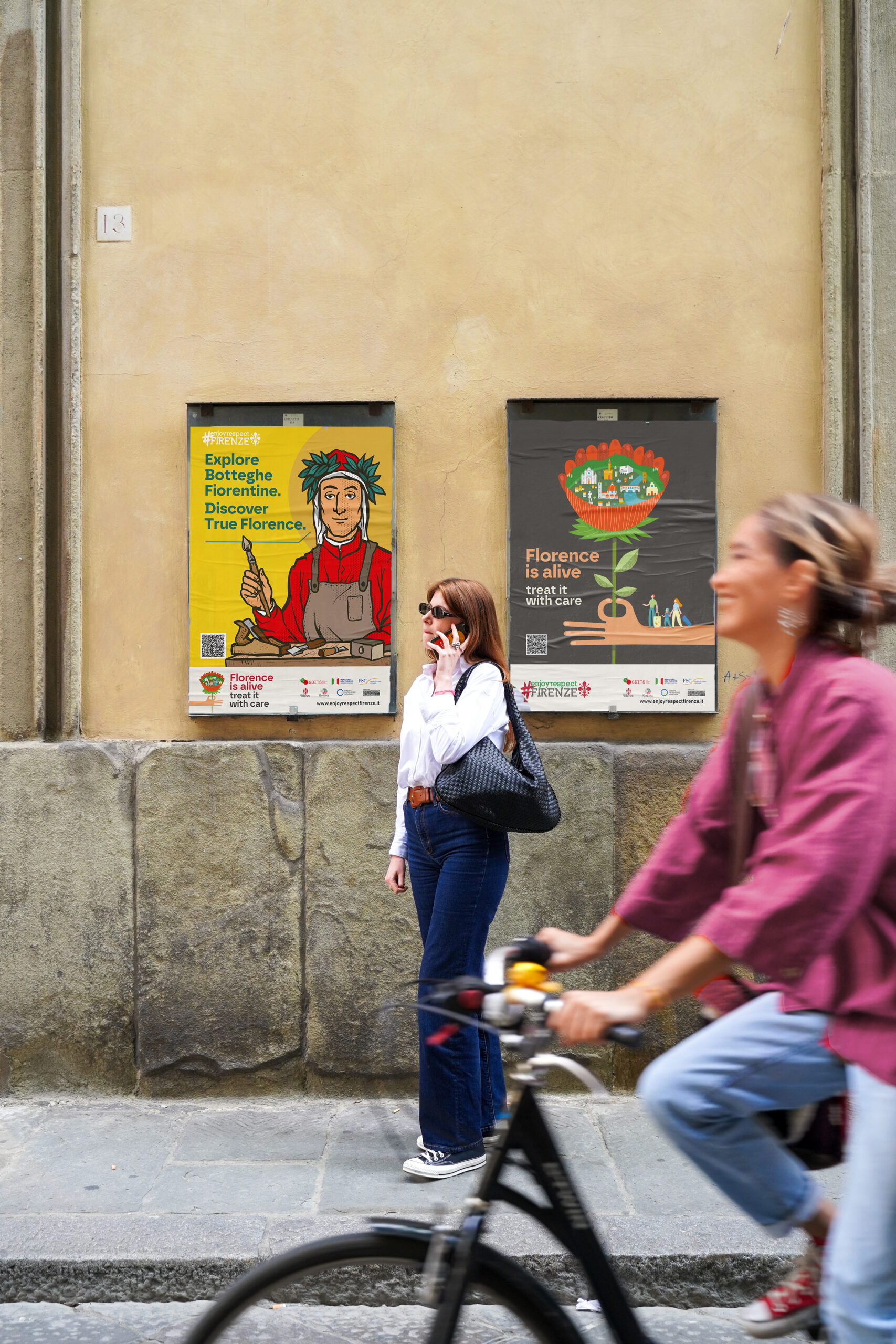Taking place in the magnificent setting of the Salone dei Cinquecento in Palazzo Vecchio, ambassadors for the city of Florence will be acknowledged for their efforts to strengthen the city as a destination for congresses and events. Here, the President of the Università degli Studi di Firenze (UniFI), Alessandra Petrucci, discusses the university’s contribution to the development of the local congress system.
The slogan for the Florence Ambassador Leadership Programme (FALP) declares Facciamo crescere Firenze insieme (Let’s grow Florence together). To achieve this, FALP was set up in 2014 by the Firenze Convention Bureau, which has worked for over twenty years in the implementation of initiatives capable of expanding quality tourism and attracting events of high scientific and cultural value to Florence. This role was further strengthened in 2018, thanks to a formal agreement signed by the Comune di Firenze, Città Metropolitana, the Camera di Commercio and the University of Florence. Ambassadors are leaders in the scientific and academic community who are representatives of cultural and public and private institutes with a strong sense of belonging to the city. Their role as Key Opinion Leaders positively influences the choice of Florence as a destination for future events, bringing prestige and visibility to the local professional community. Since 2015, the Firenze Convention Bureau has been actively collaborating with the Università di Firenze, developing nominations for national and international congresses, supporting events, conferences and summer schools, and facilitating access to suppliers for services necessary for the implementation of the various services related to events or conferences. The President of the Università degli Studi di Firenze (UniFI), Alessandra Petrucci, spoke about the university’s contribution in that regard:
“The University of Florence is open to the world. It has strong roots and a significant presence in the city. With the city and for the city, we organize events such as Festival d’Europa, Sundays at the University, and many others. We are what’s known as a ‘civic university’, and we want to be ever more so because we learn from the city and we teach for the city. The university represents one of the most relevant systems of Italian public research, both for the number of researchers and for the scientific-disciplinary variety of teaching. The researchers of the University of Florence form 21 departments, of which 9 are of the highest standards. UniFI also has about 40 research facilities, including interdepartmental and inter-university centers.”
